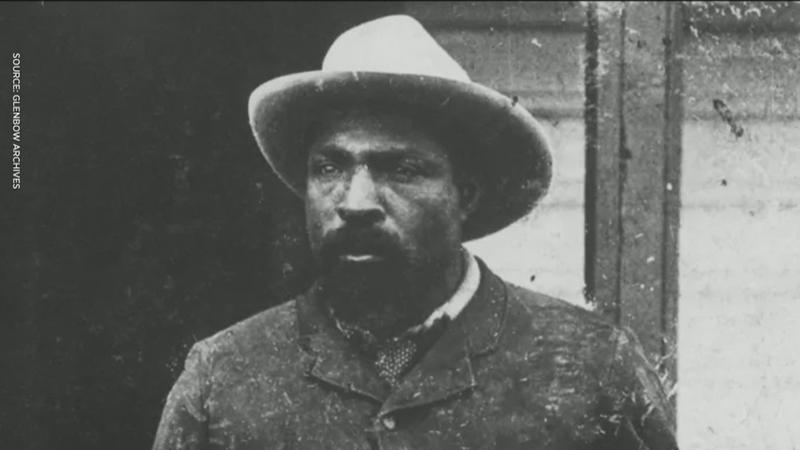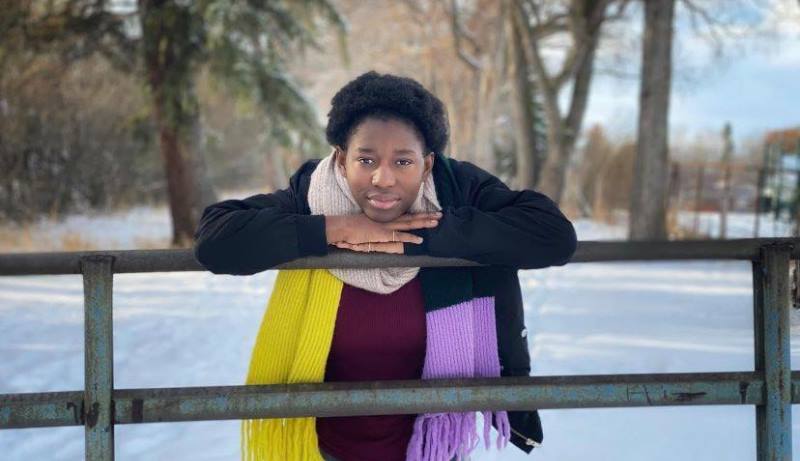
Black history teaching in Alberta comes up short, advocates say
There is significant room for growth in teaching Black history within Alberta schools.
That’s the prevailing thought discovered after speaking with several people, younger and older, about how Black history is presented in the current K-12 curriculum.
Black History Month is internationally recognized during February, but the province’s curriculum, which hasn’t changed since 2005, doesn’t mandate that any specifics be taught about Black history. It was constructed that way so teachers could adapt their lessons to current events.
“Alberta’s future K-12 curriculum will include content on the history of Black Albertans and Canadians. We have engaged various experts, including Black scholars, as part of our mandate to align the curriculum to our new Ministerial Order on Student Learning,” Alberta’s Ministry of Education, which is in the midst of a curriculum review, said in a statement to rdnewsNOW.



